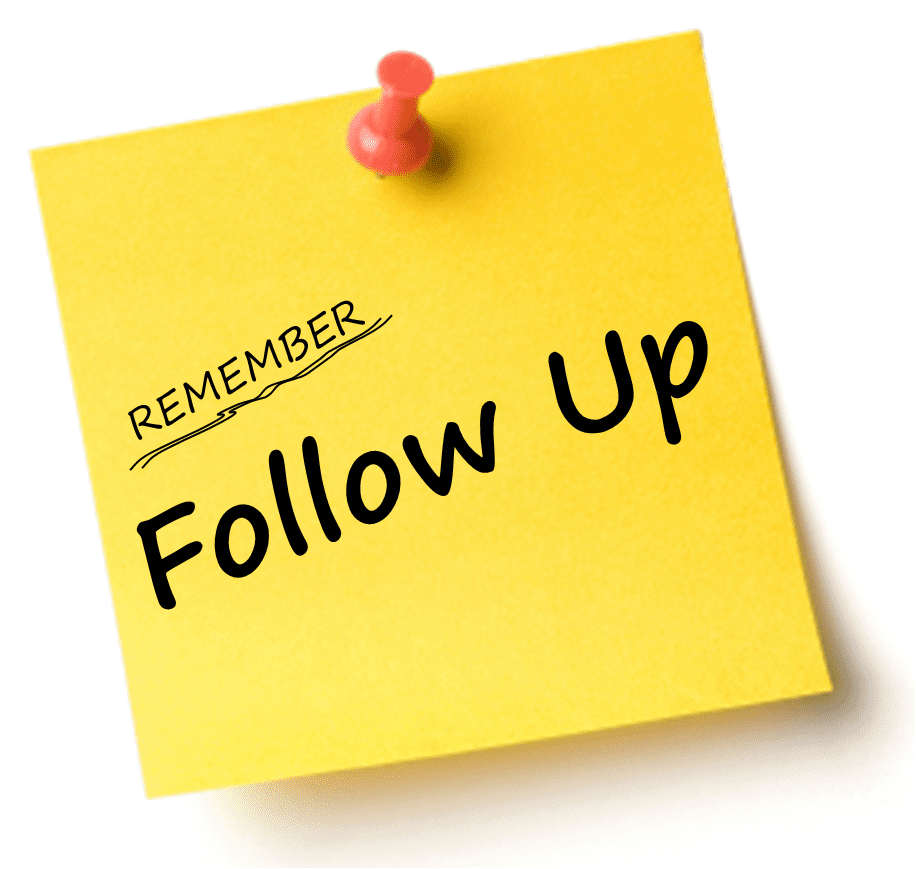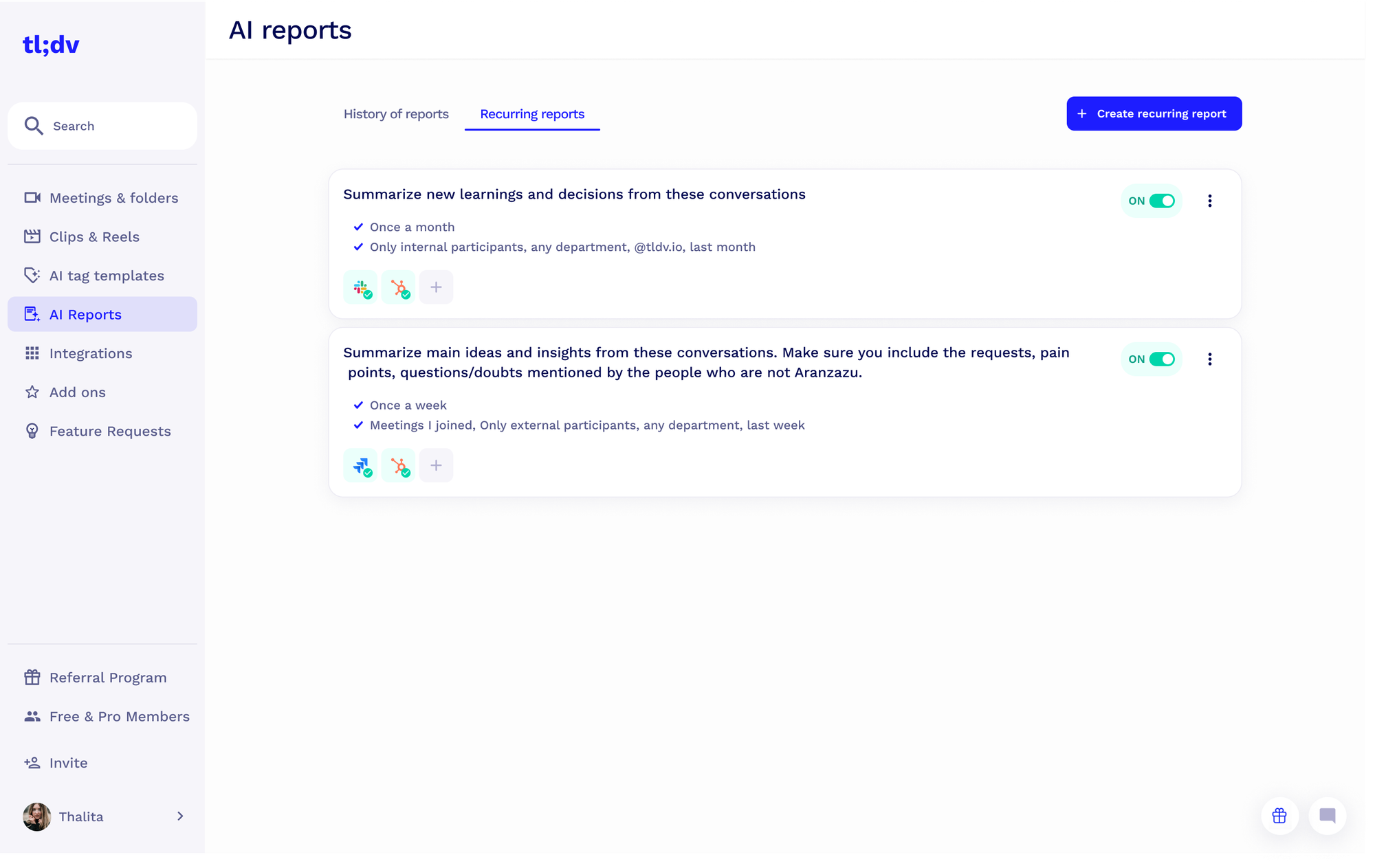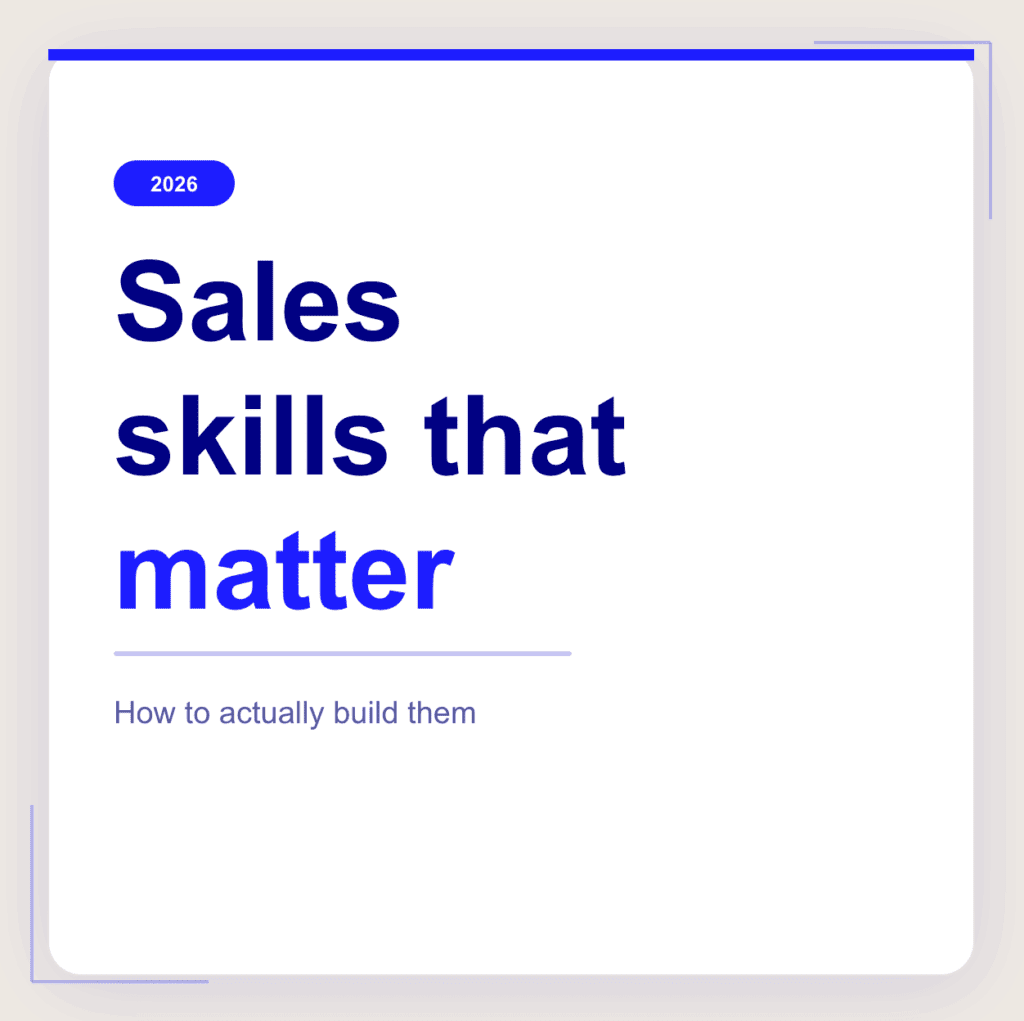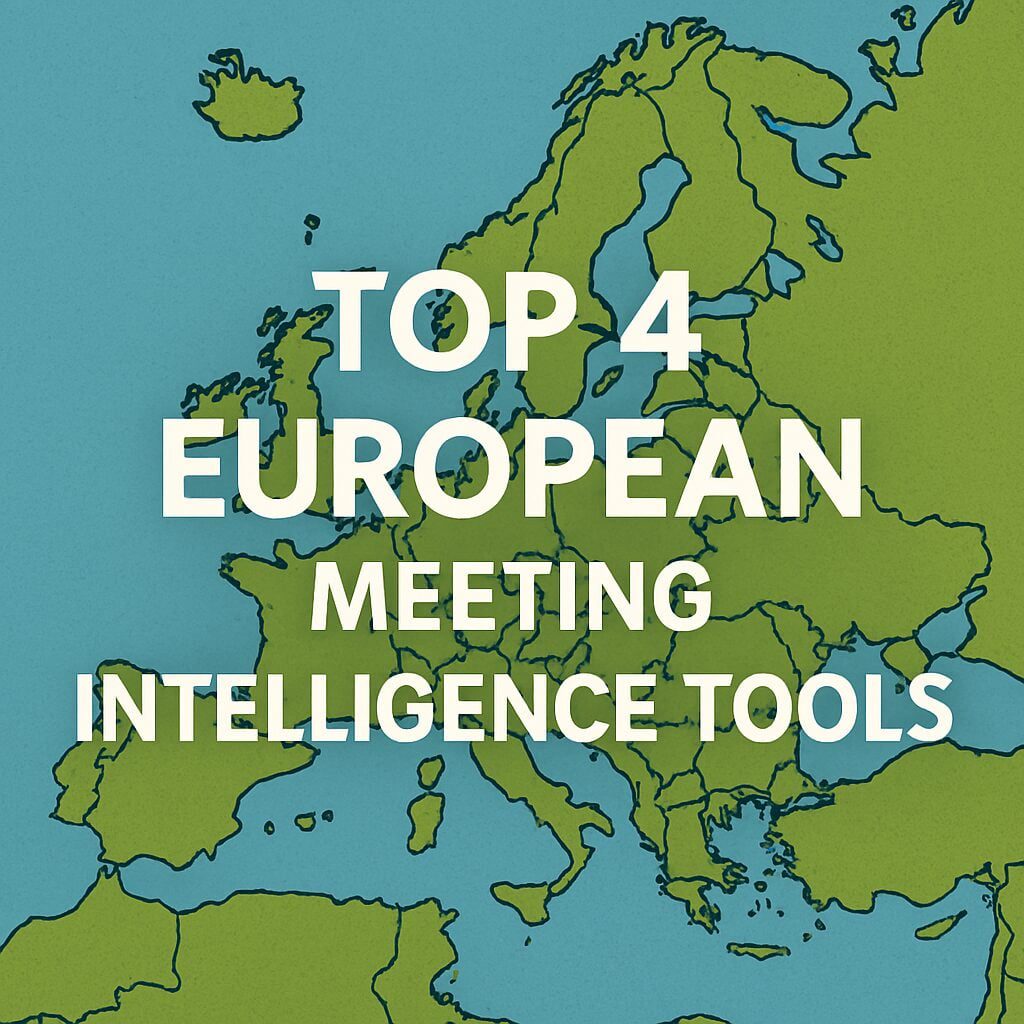The importance of sales skills, especially in a remote environment, cannot be overstated. A good salesperson is a good communicator. They can convey their message clearly and persuasively, even via video calls, emails, or other digital channels. This is a critical skill – one of many that you can give to your sales reps through effective sales coaching.
So you’re decided: you want to improve the sales skills of your team and take your revenue up a notch. But how do you go about this daunting task? Two words: sales enablement. This is the process of providing your team with the resources, tools, and information they need to effectively engage customers throughout the buying journey.
You can look at it as a one-stop shop for how to improve sales skills. In fact, you are looking at it. This article will go through 10 key sales skills and how you can enhance them in your team through remote sales coaching. We’ll also cover various tools and strategies that will help you get the upper hand in the sales game.
Overview of Key Sales Skills
If you want to take a sales skill to the next level, you must first understand the key skills and how they work with each other. For example, being a good speaker is one thing, but if you’re not a good listener then you won’t close any more deals than someone who is a poor speaker. The two skills go hand in hand and must be taught and learned together.
If you’re remote sales coaching your team, you’ll want to cover these ten key sales skills.
1. Active Listening
Active listening isn’t the same as simply hearing. It involves fully understanding customer needs and empathizing with them on a deeper level. It empowers you to discover the prospect’s preferences and pain points, and gently encourage them to go deeper.
When all is said and done, active listening lets sales reps tailor their approach, offer personalized solutions, and build stronger customer relationships. The lost art of active listening is arguably the most important sales skill there is.
2. Language and Tone
An appropriate tone helps to convey professionalism, build credibility, and effectively communicate your value proposition. By using clear and persuasive vocabulary, and by choosing power words to put emphasis behind your USP, you shape how customers perceive your brand. This, in turn, influences their decision-making process.
3. Rapport Building
Building rapport establishes trust and connection with customers. Sales reps with a good customer rapport are laying the foundations for a positive and productive relationship. While you don’t want to overdo the friendliness and appear fake, having good manners and a friendly and outgoing personality can help.
4. Objection Handling
Objection handling allows sales reps to address customer concerns and overcome barriers to purchase during the pitch. Rather than trying to ram the solution in the prospect’s throat, a good objection handler will be patient, understanding, and empathetic towards a prospect’s objections.
By doing this, they build trust which they can then leverage to alleviate doubts and inch closer to making the sale. When you truly listen to a potential customer’s concerns, you can answer them personally, rather than as if they were a statistic. There’s a nuance to it that can be learned through effective sales coaching.
5. Follow-up Calls
Only 2% of sales are closed on the first call, with a whopping 80% requiring 5 follow-up calls or more. To put it simply: follow-up calls are as essential to sales as air is to breathing.
Following up demonstrates commitment and persistence. It keeps your brand in your prospect’s thoughts and it nurtures leads through the sales funnel. Not only does it increase sales, it also fosters customer loyalty, creating a potentially long-lasting customer relationship.

If you want to master the sales follow-up, there’s a few things you need to know; call recordings are going to be the biggest game-changer.
6. Closing Deals
If you want to seal the deal and convert prospects into customers, you need to know how to direct the pitch towards a natural conclusion: a sale. Knowing when and how to ask for the sale, overcoming objections, and guiding customers through the buying process are all critical for driving revenue and achieving sales targets.
You might say that closing deals is the fundamental sales skill to learn. You’d probably be right, but you have to get there first. And that takes a combination of all the other key sales skills.
7. Time Management
Time management skills are crucial in all walks of life, but they particularly help sales professionals prioritize tasks, allocate resources effectively, and maximize productivity. By optimizing their time, sales reps have more time to focus on high-value activities such as prospecting, nurturing leads, and closing deals, leading to increased sales performance.
There are some tools that can help you here by automating tedious and long-winded tasks. We’ll get onto those later!
8. Product Knowledge
If a sales rep is going to be selling your product, they better be brushed up on exactly what it is they’re selling. Have they used it themselves? Do they see the value in it? It might sound like a ridiculous question, but it’s worth hammering home if you’re conducting remote sales coaching. Product knowledge is essential for effectively articulating the features, benefits, and value proposition to prospects.
It builds credibility, instills confidence, and allows sales professionals to address customer inquiries and objections with authority. If your sales rep loves your product then even better! Sprinkle enthusiasm and passion into the mix. There’s no way that can’t rub off on the prospect.
9. Adaptability
Even when you have wonderful sales scripts, sometimes a sales rep needs a bit of flexibility. They need to be confident in taking matters into their own hands (within certain parameters) and adjusting to changing market conditions, customer preferences, and sales strategies.
Being open to new ideas enables sales reps to stay competitive, capitalize on opportunities, and maintain relevance in dynamic business environments.
10. Negotiation Skills
Negotiation skills are crucial for reaching mutually beneficial agreements with customers, suppliers, and stakeholders. By understanding negotiation tactics, building rapport, and finding win-win solutions, sales reps can secure deals, maximize value, and strengthen relationships.
Challenges of Remote Sales Coaching
So now you’ve had a high level overview of the key sales skills that every good sales rep needs in their arsenal, let’s take a look at three of the challenges of remote sales coaching. It’s not always an easy ride.
1. Limited Personal Interaction
Remote coaching lacks the face-to-face interaction present in traditional coaching settings. While video calls still allow for non-verbal cues, remote coaching certainly hinders a salesperson’s level of engagement, confidence, and receptiveness to feedback.
2. Communication Barriers
To communicate remotely, you need a stable internet connection. Remote communication tools notoriously suffer from poor audio/video quality every now and then, not to mention delays or technical glitches. This can lead to misunderstandings, misinterpretations, and reduced engagement during coaching sessions.
3. Lack of Accountability
Without physical oversight, sales team members may feel less accountable for their performance, leading to a decline in productivity, motivation, and adherence to coaching recommendations. Remote sales coaching requires establishing clear expectations, goals, and performance metrics to maintain accountability and drive results.
How Remote Work Changed an Industry
To improve sales skills in the modern day, you’re almost forced to go remote. The days of The Apprentice-style hustlers on the street are practically over. This has led to adaptation of coaching techniques. Sales coaches must now leverage digital tools rather than stick with the traditional methods of old: role-playing, shadowing, and general on-the-job training.
There’s also an increased reliance on technology. Not only does it play a part in learning and practicing new sales skills, it also plays an enormous part in actually performing them for real. Most sales are conducted remotely nowadays. Remote sales coaching is preparing sales reps in the same way.
In other areas, like the actual sales skills themselves, not much has changed. Sure, the rep must be a little more flexible – a little more pragmatic – but the most important thing is they must be more self-driven. Sales reps need to be go-getters. They’re active and they’re willing to put the effort in to get sh*t done.
It’s also possible that sales reps need to be a bit more self-taught in that they need to put the work in without a manager looking over their shoulder. As mentioned earlier, there are certain tools that can make this even easier for both the sales rep and the sales management.
But first, what are the strategies for remote sales coaching?
Strategies for Remote Sales Coaching: 6 Areas for Improvement
Let’s get back to the actual sales skills. How can we improve them? What sales enablement content is available to boost your revenue and level up? Let’s find out!
Listen Better
Active listening is even more important during remote sales calls than in-person ones. If you’re face-to-face, you can rely on body language, quirks, tics, and even the person’s general energy. Remote sales calls? Sure, you can still see them if you’re using a video conferencing platform, but it’s not really the same. You’re limited to a portrait-style angle and the circumstances of the call restrict your ability to properly monitor their reactions in the same way.
So how do people listen better?
- Be silent. It might sound obvious, but being quiet is a good start. You can’t be listening if you’re speaking. And in a sales call, the prospect should be doing most of the speaking. If they’re not saying anything, chances are you’re saying too much. Top sales reps spend 55% of a discovery call listening to the prospect rather than trying to sell them something.
- Take pauses. When you do speak, choose your words carefully and take considered pauses. Give the conversation room to breathe. If a prospect wants to respond to something, give them the time to think about their response.
- Empathize. The whole point of active listening is that you want to truly understand what drives your customer. You want to help them succeed in their desires, not just sell them something regardless of who they are.
- Ask open-ended questions. Don’t link all of your questions to the product or the sale. People flat out don’t like being sold to. But if you can get the prospect to talk about their reasons for potentially wanting something, or their pain points with their current product, you can segue smoothly into the proper pitch.
- Focus on the speaker. Avoid multitasking. Not only is it rude, but it means you’re not listening as intently as you should be. Make eye contact and let your prospect speak freely.
- Avoid interruptions. Never interrupt a prospect while they are speaking. Again, it’s rude, but it also takes them out of their thoughts and reminds them that you’re trying to sell them something. In short, you can quickly turn a prospect off by interrupting them. Avoid it at all costs.
Speak with Clarity
You want to be clear and concise when speaking with prospects. There’s no need to use ten words when five will do. Similarly, speak with confidence and your tone will radiate with your prospect.
Here are some tips for speaking with more clarity.
- Avoid jargon. Nobody likes jargon, and especially not a prospect who hasn’t yet become emotionally involved with your product or service. Cut it entirely if possible.
- Understand the purpose. To be clear with your words, you need to be clear with your thoughts. What is the end goal? You want the prospect to buy. However, you can’t just leap from A to Z. There is a process that needs to take place and the more you understand this process, the clearer your thoughts (and your words) will become.
- Be adaptable. Every prospect is different. Some will be straight to the point while others will happily go on tangents. You need to be able to adapt to each prospect as they come, changing your style, tone, and even word choice, based on your specific audience.
- Be personal. Similar to adaptability, each prospect is a unique human being. If you’ve collected data about them before, look through it in your CRM before taking the call. The more personalized you can make the experience, the more likely the prospect is to buy.
- Eliminate filler words. Filler words will come up in a conversation, but they should be avoided in a pitch. You’re here to sell a vision, not ramble.
- Vary your pace. Don’t maintain the same pace the entire time. It sounds ridiculous. Instead, like with sentence length, you want to mix things up to accentuate certain points.
If you want to really upgrade your speaking skills, you’re better off taking courses or hiring a specific vocal coach. They will inevitably teach the same things though. Dan Lok covers it in more detail in the video above – speaking clearly is definitely a learnable skill.
Focus on Rapport
You don’t want to shoot too far in the wrong direction with this one. Start with a friendly conversation to break the ice and establish a personal connection. This can be done smartly if you use your CRM in the right way. There might be details on there about things the prospect likes. Use this for inspiration.
In reality, to improve sales skills here is to just use common sense. Most of the top skills are fairly self-explanatory.
- Be authentic. Authenticity builds trust and credibility. Avoid trying to be someone you’re not. Authenticity is the key to building genuine relationships.
- Use video communication. Building rapport remotely is a lot easier on a video call than it is over the phone. Putting a face to the name, or a smile to the words, humanizes the encounter and makes it far more memorable.
- Active listening. Use the other sales skills you’re building here too. Active listening is key to building mutual relationships.
- Find common interests. As mentioned above, if you can find a common interest, you can create a friendship.
- Express appreciation. Show gratitude towards the prospect for their time. By appreciating their time, energy, and ideas, you’re reinforcing positive interactions and being respectful.
- Follow up. Keep the connection alive with continued communication. You can also send them a “thank you” message to show that you value the call you had.
Tools for Building Rapport
To stay in touch with your prospect, you’ll want to use a video conferencing app like Zoom, MS Teams, or Google Meet.
Ideally, you’ll also be recording the meetings so you can start squeezing your sales calls for rich insights (as well as customer support calls and user interviews). With tl;dv, you can schedule recurring reports on any topic you want based on your team’s recent calls. Keep getting the same persistent objection from all your prospects? tl;dv reports on that, linking with timestamps to the transcript, so you can summarize many weeks’ worth of meetings in moments. Now you can hear the voice of the customer directly.

In addition to CRM platforms and video conferencing tools, you’ll also want to invest in email marketing software if you haven’t already. Mailchimp, HubSpot, and Constant Contact are designed to send personalized emails and newsletters to clients or prospects.
You’ll also likely want to stay in touch via social media. This one varies depending on where your audience is.
Improve Your Objection Handling
One of the most important sales skills to improve is objection handling. You’re always going to get objections when trying to sell something. It’s normal. The first step is to stop judging it as something wrong.
Objections are meant to happen.
There are some more things you can do to enhance the way you tackle objections too.
- Listen, understand, and empathize. When a prospect raises an objection, listen deeply. Try to understand the root cause of the issue for the buyer. You want what’s best for them too. Avoid dismissing it or interrupting them. Both of those actions can be catastrophic.
- Clarify and validate. Ask open-ended questions to try and dig past the surface level of the objection. Is there some deeper insecurity underlying it? Always acknowledge the validity of their concern.
- Provide relevant information. Once you understand the objection, provide relevant data to address their concern. If you’ve identified a common objection (through tl;dv’s AI reports), then you can have information ready to alleviate the worries of the prospect.
- Offer alternatives. Be flexible and willing to accommodate the prospect’s preferences. If the objection was related to a specific aspect you’re offering, try to offer an alternative they’ll find more pleasing.
- Use social proof. One of the best things you can do is use testimonials, case studies, and success stories from satisfied customers to address any objections related to credibility. These should ideally be provided before the objections come up, but can be reinforced here if necessary.
- Handle objections proactively. Use the data gained from objections to pre-emptively handle them in the future. Regularly adjust your sales script to keep on top of this.
Turn Objections into Opportunities
There are a number of ways you can turn objections on their heads. Here’s a few to add to your sales enablement resources.
- Reframe the objection. Instead of viewing objections as barriers, reframe them as opportunities to engage with the prospect. When approached this way, you understand the prospect’s needs better and can tailor your solution accordingly.
- Uncover hidden needs. The objection is what the prospect says, but it might not be the heart of what they mean. Use objections as a way to dig deeper to uncover hidden needs that may even be subconscious to the prospect.
- Educate and inform. Most of the time, objections are an opportunity for a good sales rep to educate the prospect about the value proposition of your product or service. Have relevant information, insights, and resources handy to share.
- Upsell or cross-sell. Leverage objections to sell additional products, services, or features that complement the prospect’s needs.
Follow Up the Right Way
To maximize your follow-up game, you’re gonna want to automate some of the process. To do that, you’re gonna need to utilize some follow-up tools.
- tl;dv. tl;dv allows you to quickly recap past meetings with a prospect before you follow them up, ensuring you continue to build rapport and remember small details about the prospect. Even if this is your fifth follow up, tl;dv can quickly and concisely merge the previous four calls with the same prospect into one action-based report. Integrate your CRM and you can laugh all the way to the bank.
- CRM. A great CRM like Salesforce, HubSpot, or Pipedrive will allow you to easily and clearly store all your customer data, including insights from third party tools like tl;dv. Having a reliable CRM to store your prospect and customer data is essential.
- Email marketing. As mentioned earlier, you can use Mailchimp for this. It’ll help you automate and personalize your emails, including follow-up emails.
You might also want to consider specific strategies related to the follow up call.
- Lead scoring. Most CRM systems have lead scoring capabilities nowadays. This stores the data of your prospects so that you can effectively prioritize prospects that are more likely to purchase. Based on a scoring system of points, you can streamline your workflow and focus on the pitch at hand.
- Drip campaigns. Set up automated sequences to deliver a series of targeted messages to prospects over time. This will move them through the sales funnel systematically, without manual intervention, saving you time, money, and energy.
- Tracking and analytics. Monitor the effectiveness of your follow-up calls by tracking their success and optimizing your strategy over time. You can do this using tl;dv to quickly summarize your meeting (or batch of meetings).
It’s worth bearing in mind that there are all sorts of tools that can help with automation too. Something as simple as employing a calendar app to schedule calls is going to save you time and stress in the long run.
Close More Deals
In order to close more deals and bring home the bacon, you’re gonna need to employ pretty much all of the sales skills we’ve already covered. You need to build trust and rapport with your prospect, understand their needs and work through their objections, all the while speaking with confidence and listening carefully.
It’s not easy. That’s why 35% of salespeople say closing the deal is the hardest part of their jobs. But it’s not impossible.
One often overlooked sales skill to keep in mind when it comes to closing deals is urgency. It pays to highlight limited time offers, promotions, and other incentives that encourage the prospect to take immediate action. During your sales call, emphasize the benefits of acting now. This can provide them with FOMO that sends them into a buying frenzy.
If you don’t currently have any deals or limited time offers, create them.
You can also use some online tools for role-playing or simulating sales calls so you can practice without pressure.
- Video conferencing platforms. Run up a Zoom call with your colleagues to conduct role-playing exercises remotely. This can be a key part of sales coaching.
- Video recording software. Use video recording software like tl;dv to be able to refer back to sales coaching classes and real-life sales calls and analyze them. Locate what caused the deals to be closed in successful calls, and what was holding the prospect back in the unsuccessful ones. Use the data unearthed here to rewrite your sales scripts and close deals faster next time.
- Gamification. One way to drive motivation is to reward sales reps and create a sense of friendly competition within your team.
Assessing and Enhancing Sales Skills
If you’re remote sales coaching your team, you need to find a method for assessing your team’s sales skills, and a way to provide individuals with tailored feedback.
Both of these can be found with tl;dv.
Imagine having a recording of every single sales call your team has ever made. If you already have this, you can upload them to tl;dv to unlock the next bit… AI reports on ALL those calls combined.
You can get tl;dv’s AI to scan the transcripts of all those calls and put together recommendations for how to improve. You can highlight common issues. Maybe your rep speaks more than they listen, or perhaps one of your reps doesn’t understand the product as much as they should. You can find this out in a few minutes.
Then you can establish recurring reports to remain up to date about your sales team performance in the future. The insights mined here enable you to create personalized coaching plans based on individual strengths and weaknesses.
It also gives you the ability to learn from hours and hours of your own sales calls, without the hassle of having to rewatch them all start to finish. It’s intuitive, easy to use, and designed to make analysis like this a breeze.
Foster a Culture of Continuous Learning
It’s crucial for sales teams to continue learning. Sales coaching isn’t a one-time event, rather a healthy habit to maintain sales success. As sales strategies adapt, so do sales skills. The skills outlined here are likely to stay, but that doesn’t mean that new skills can’t become important or old skills become more situation-specific. It’s always a good idea to keep your finger on the pulse.
It’s also wise to foster a culture of self-learning from your sales team. There’s no better team than a motivated one. If your sales team is dedicated to self-improvement, you can bet big on them being successful.
"Learning and innovation go hand in hand. The arrogance of success is to think that what you did yesterday will be sufficient for tomorrow."
William Pollard Tweet
As more and more sales calls are conducted remotely, it’s good to have remote sales enablement resources at hand. Sales coaching is just as important as before, if not more so. Ensure your sales team has a long-lasting future by improving the sales skills laid out here.
Set up video conferencing platforms integrated with tl;dv to record, transcribe, and automate analysis from your sales calls. Establish CRM platforms to monitor all customer and prospect data in one place. And work with email marketing software to automate follow-ups and personalize your outreach.
Finally, work with your team on their key sales skills. Without them, everything else is just words.
Scroll down for a high-level overview of everything we’ve talked about so far!
Resource Table for Improving Sales Skills
Sales Skill | How to improve it | Tools to help |
Active listening |
|
|
Language and tone |
|
|
Rapport building |
|
|
Objection handling |
|
|
Follow up calls |
|
|
Closing deals |
|
|
Time management |
|
|
Product knowledge |
|
|
Adaptability |
|
|
Negotiation skills |
|
|








